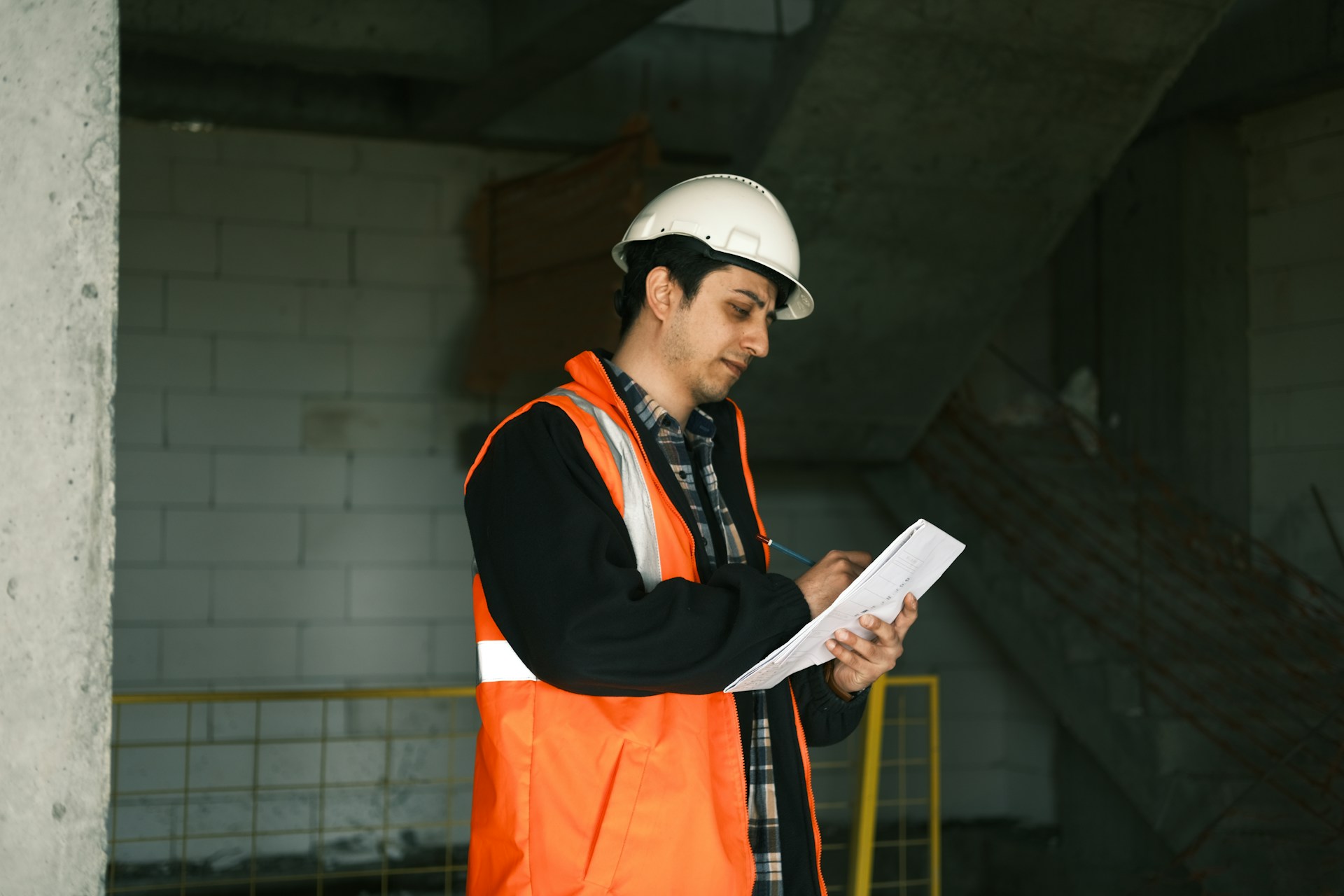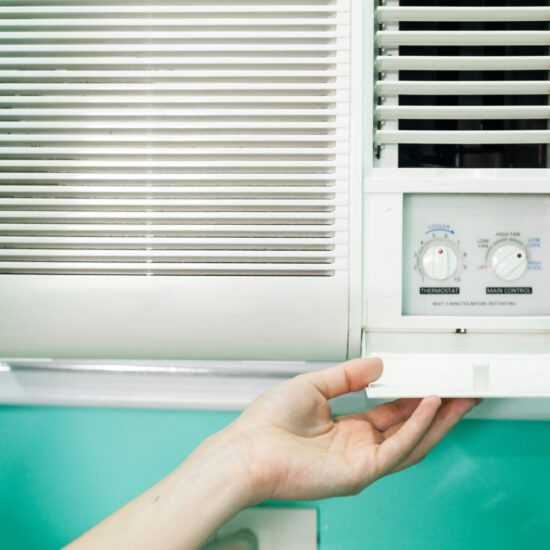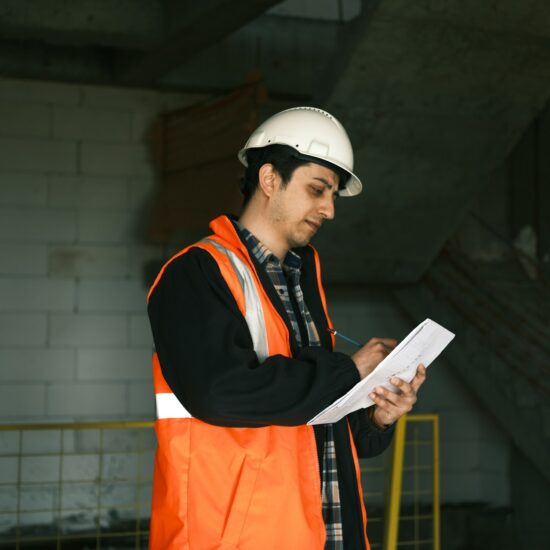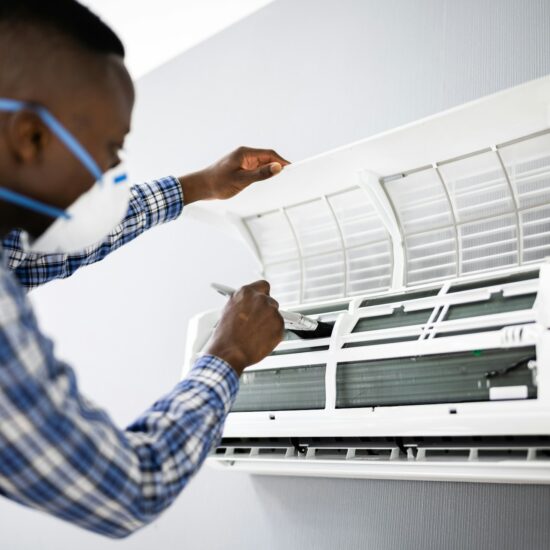Regular HVAC system inspections are crucial for maintaining comfort and efficiency in your home. These inspections can identify potential issues before they become costly repairs, ensuring your system runs smoothly year-round.
By scheduling an inspection with a qualified technician, you can safeguard your investment and improve indoor air quality.
During an inspection, technicians assess various components of your HVAC system. This includes checking the thermostat, filters, ductwork, and overall system performance.
Don't wait for an emergency; consider scheduling an inspection today to ensure your comfort and peace of mind.
Essential Elements of HVAC Inspection
An HVAC inspection involves a thorough assessment of both the physical components and the efficiency of your HVAC system.
Inspecting Physical Components and Performance
Start by examining the air conditioner and furnace. Look for signs of wear and tear, such as corrosion or rust. Inspect the heat exchanger for cracks, which can lead to dangerous gas leaks.
Check the condenser unit for debris that could obstruct airflow. Ensure that all electrical connections are secure and free from corrosion.
Evaluate ductwork for any blockages or leaks that may impact airflow. Seal any noticeable gaps to maintain system integrity.
Evaluating System Efficiency and Condition
Assess the overall performance of your HVAC system by measuring airflow at the vents. Poor airflow often indicates underlying issues, such as blocked ducts or malfunctioning fans.
Check the efficiency ratings of the system and components. Systems should operate within their specified energy efficiency guidelines. If you notice a significant deviation, it could indicate the need for repair.
Monitor for unusual noises during operation. Rattling or hissing sounds may signal mechanical issues.
Regular maintenance and timely inspections can prolong the lifespan of your HVAC system while enhancing performance and efficiency.
Seasonal HVAC Maintenance
Proper seasonal maintenance is essential to ensure your HVAC system operates efficiently throughout the year.
Spring and Summer Preparation
As temperatures rise, it's crucial to prepare your HVAC system for the cooling demands of summer. Start by changing or cleaning air filters to improve airflow and efficiency. Clogged filters can trap dust and dirt, leading to less effective cooling and higher energy bills.
Next, schedule an air conditioning tune-up for your unit. This involves checking refrigerant levels, inspecting electrical components, and cleaning coils.
Top tip: Don't forget to clear debris around the outdoor unit. Removing grass clippings, leaves, and dirt ensures the system has proper airflow, which is vital for cooling effectiveness.
Fall and Winter Readiness
As temperatures drop, preparing your HVAC system for winter is equally important. Start by switching your focus to your heating system. Clean or replace filters to ensure efficient operation during colder months.
Consider scheduling a heating tune-up. This includes inspecting the heat exchanger, testing safety controls, and checking for gas leaks—important steps to maintain safety and efficiency.
Regular maintenance during the fall can enhance your system's reliability, ensuring your home stays warm and comfortable all winter long.
HVAC System Longevity and Upkeep
Regular upkeep, including inspections and timely repairs, can significantly extend your systems lifespan, ensuring comfortable indoor environments.
Regular Maintenance and Repairs
Conducting regular maintenance on your HVAC system can prevent costly breakdowns. Scheduling an HVAC tune-up at least once a year is vital. A certified HVAC technician will inspect critical components, clean parts, and identify potential issues before they escalate.
Key maintenance tasks include:
- Filter replacement: Change or clean filters monthly or as needed.
- Coil cleaning: Ensure evaporator and condenser coils are free from dirt and debris.
- Duct inspections: Check for blockages or leaks in the ductwork.
Addressing small repairs promptly can increase efficiency and save on energy costs. This proactive approach not only maintains performance but also enhances your system's overall lifespan.
Replacement and Technician Recommendations
As your HVAC system ages, there may come a point when repairs are no longer cost-effective. Understanding when to replace your system is essential. Typically, the average lifespan of an HVAC unit ranges from 15 to 25 years.
When considering replacement, look for these indicators:
- Frequent breakdowns or repairs
- Inefficiency in heating or cooling
- Rising energy bills
Consulting with a certified HVAC technician can provide tailored recommendations. They can assess your current system's condition and help you choose an energy-efficient replacement that meets your needs. Investing in a new system can lead to improved comfort and lower energy costs, making it worth considering when repairs become frequent.
Safety and Health Considerations
Ensuring safety and health during HVAC system inspections involves focusing on air quality, ventilation, and electrical safety. These factors are critical for maintaining a secure environment and enhancing indoor air quality.
Air Quality and Ventilation
Maintaining high indoor air quality is essential for your health. Poor air quality can lead to respiratory issues and exacerbation of allergies.
Regular inspections ensure that the HVAC system effectively filters contaminants such as dust, pet dander, and mold. Check air filters regularly and replace them according to the manufacturer's guidelines.
Ensure proper ventilation to allow fresh air circulation and reduce the buildup of harmful gases. Adequate ventilation helps in balancing humidity levels, which can affect overall comfort and health.
Keep an eye on carbon monoxide levels as well, especially if your system uses gas. Install carbon monoxide detectors to provide peace of mind.
Electrical Safety and Leak Detection
Electrical safety is crucial when inspecting HVAC systems. Ensure that all electrical components are in good condition, as frayed wires or damaged insulation can pose risks of fire or electrocution.
Always turn off power to the system before beginning any inspection.
Leak detection is also necessary, particularly for gas-powered systems. Gas leaks can cause toxic exposure or even explosions.
Use detection equipment to identify any gas leaks in the system.
Being proactive about these measures contributes to a safer environment and enhances the efficiency of your HVAC system.




